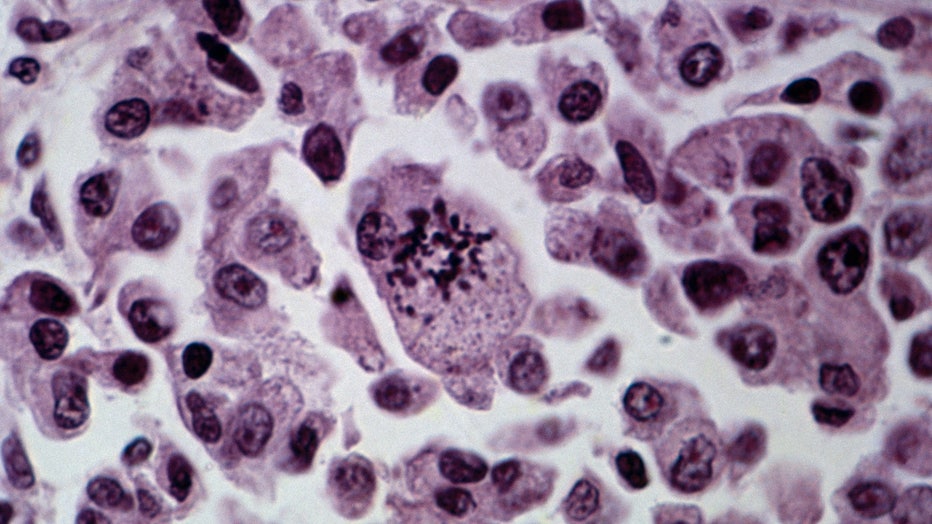Kate's diagnosis sheds light on rise in early-onset cancer
Doctor weighs in on Kate Middleton cancer diagnosis
Kate Middleton, princess of Wales, announced that she has been diagnosed with cancer. LiveNOW's Andrew Craft discussed the news with Dr. Jeannine Villella, Director of the Northwell Health Cancer Institute.
Kate, Princess of Wales, shocked the world last week when she shared her cancer diagnosis.
Although the British royal didn’t share what type of cancer doctors found after they performed "major abdominal surgery" in January, doctors say the 42-year-old’s early onset diagnosis sheds light on an overall rise in younger people getting cancer.
According to the American Cancer Society’s annual report published in January, younger adults – generally considered ages 18-49 – are the only age group with an increase in overall cancer diagnoses between 1995 and 2020. The report said while cancer deaths are decreasing, new cancer cases are rising – up from 1.9 million in 2022 to more than 2 million in 2023.
RELATED: ‘Ninja’ diagnosed with skin cancer: ‘Still in a bit of shock’
"So, right now, we are focusing on recognizing that early-onset cancer is a different type of cancer and providing more support for these younger patients," said Dr. Veda Giri, a Yale Medicine oncologist and director of Yale Cancer Center’s Early-Onset Cancer Program at Smilow Cancer Hospital.
What does early-onset cancer mean?

Cancer rates are rising among younger adults, according to the American Cancer Society (Photo by DeAgostini/Getty Images)
According to Yale Medicine, "early-onset" can mean various ages depending on the type of cancer involved. Early-onset breast cancer, for example, refers to a diagnosis in someone younger than 45, while early-onset colorectal cancer occurs in people younger than 50.
"To be as inclusive as possible, the Early-Onset Cancer Program at Yale is addressing the needs of patients diagnosed with cancer between the ages of 18 and 49," Giri said.
RELATED: Kate Middleton cancer video: What a surgeon says about her diagnosis
At age 50, cell damage begins to build in the body, steeply increasing cancer rates. The median age for a cancer diagnosis is 66 years old, Yale Medicine says.
Certain cancers, including breast and colorectal, tend to be more aggressive in younger people. Research has shown that family history plays a big part in determining cancer risk.
"We’re beginning to recognize that family history is very important," says Dr. Rozenblit. "For young women who have a significant family history of cancer in the family, we are starting to refer them to a high-risk clinic — even if the cancer in their family is not breast cancer."
Depending on family history, doctors can use calculators and other advanced screening tools to help catch cancer in its earliest stages.
What types of cancers are increasing in younger adults?
The annual American Cancer Society report showed increases in the following cancers in younger adults:
- Breast
- Prostate
- Endometrial
- Colorectal
- Cervical
Colorectal cancer is now the leading cause of cancer death in men younger than 50 and second for women younger than 50, but the disease still overwhelmingly affects older adults, Yale Medicine notes.
Cervical cancer dropped significantly for women in their 20s – many of whom were among the first to receive the HPV vaccine, but for women ages 30-44, cervical cancer rates rose 1.7% each year from 2012-2019.

